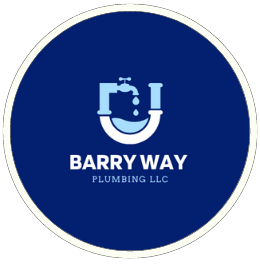Frozen pipes are a common winter headache that can lead to costly repairs and water damage. The good news? You can take steps to prevent it. Follow this ultimate checklist to protect your pipes and keep your home safe during the colder months.
1. Insulate Your Pipes
- Use foam pipe insulation on exposed pipes in unheated areas like basements, attics, and garages.
- Pay special attention to outdoor pipes, as they are most at risk.
2. Seal Drafts and Cracks
- Inspect areas near pipes for drafts or cracks, especially around windows, doors, and walls.
- Use caulk or weatherstripping to seal gaps and keep cold air out.
3. Let Faucets Drip
- During extreme cold, allow faucets to drip slightly.
- Flowing water prevents pressure buildup in pipes, which reduces the chance of freezing and bursting.
4. Keep Cabinet Doors Open
- Open cabinet doors under sinks to allow warm air from your home to circulate around the pipes.
- This is especially important for kitchen and bathroom sinks along exterior walls.
5. Disconnect Outdoor Hoses
- Disconnect garden hoses from outdoor faucets.
- Drain the hoses and store them indoors. This prevents water from freezing in the hose and backing up into the faucet.
6. Shut Off and Drain Outdoor Faucets
- Locate the shut-off valve for outdoor faucets and turn it off.
- Drain any remaining water by opening the outdoor faucet. If possible, install frost-proof outdoor spigots.
7. Use Heating Tape
- For pipes in areas prone to freezing, consider using heating tape.
- It’s an affordable and effective way to keep pipes warm during cold weather.
8. Maintain a Consistent Indoor Temperature
- Keep your thermostat set to the same temperature day and night, even when you’re away.
- Avoid letting indoor temperatures drop below 55°F (13°C).
9. Winterize Your Home Before Traveling
- If you’re going on vacation, turn off the water supply to your home and drain the pipes.
- Leave the heat on to at least 55°F (13°C) to prevent freezing.
10. Know Where Your Shut-Off Valve Is
- In case a pipe does freeze and burst, quickly shutting off the water can minimize damage.
- Locate your main shut-off valve and ensure it’s working properly.
Stay Ahead of Winter Plumbing Issues
Taking these proactive steps can save you from the hassle and expense of frozen pipes. For additional protection or to address existing plumbing concerns, our team of experts is here to help. Contact us today to winterize your plumbing system!





Leave a Reply